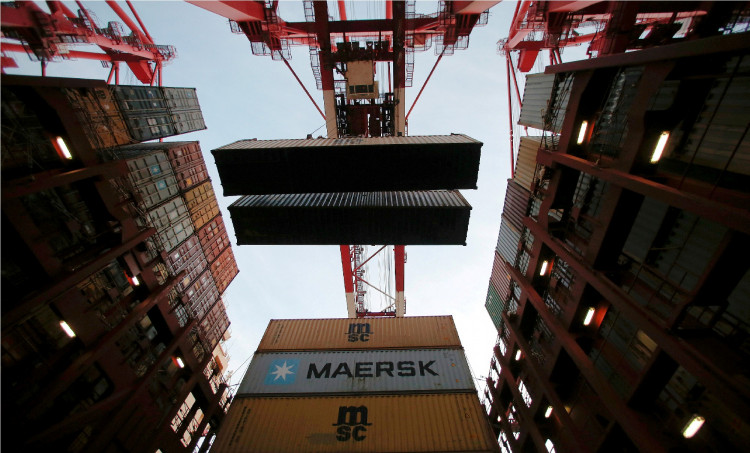Shipping giant A.P. Møller-Maersk, which is regarded as a bellwether for global trade because of its mammoth size, warned investors to brace for a significant decline in its profit for the full year as it predicts a sharp plunge in shipping volumes due to the COVID-19 economic slowdowns. It did, however, report commendable operating results for the second quarter.
Reporting Wednesday on the company's second-quarter results, Maersk CEO Søren Skou revealed a 25% rise in EBITDA (earnings before interest, tax, depreciation and amortization) across all operating segments to $1.7 billion. This amount beat the $1.575 billion predicted by analysts. The EBITDA margin rose to 14.1%, with increases in all segments. Maersk projects 2020 EBITDA of between $6 billion and $7 billion, up from the initial guidance of $5.5 billion.
Skou said revenue fell by 6.5% to $9.6 billion "mainly driven by a volume decrease of 16% in Ocean and 14% in gateway terminals, partially offset by increased freight rates and increased revenue per move in Terminals."
EBITDA in Ocean, the company's container business, increased by $280 million to $1.1 billion as the 16% decline in volume was offset by lower fuel prices and higher freight rates, among other factors.
"The COVID-19 pandemic impacted the global demand significantly in the second quarter, and our business volumes as expected were sharply down across Ocean,Logistics & Services and Terminals," said Skou. "As a consequence, our revenue declined by 6.5% compared to the same quarter last year."
Skou said Maersk's focus during the quarter was on protecting employees from COVID-19, serving customers by keeping its global network of ships sailing, and also keeping open its ports, warehouses and inland transportation networks.
Skou expects demand to revive in the third quarter but warned of a "significant decline" for the full year partly due to the impact the pandemic has had on the hiring and retention of ship crews.
"As a result of the lock-downs, closed borders and travel restrictions around the world, we experienced significant problems in relieving our seafarers when their contracts expired, a persistent issue of serious concern to us, which we are proactively addressing," said Skou.
Based in Copenhagen, Denmark, Maersk has been the largest container ship and supply vessel operator in the world since 1996. Maersk currently operates 308 company owned ships and charters 360 others.
Its container ships have a capacity of four million twenty-foot-equivalent units. The company moves 12 million containers annually. Maersk Line, the company's largest operating unit, is the world's largest cargo carrier.





